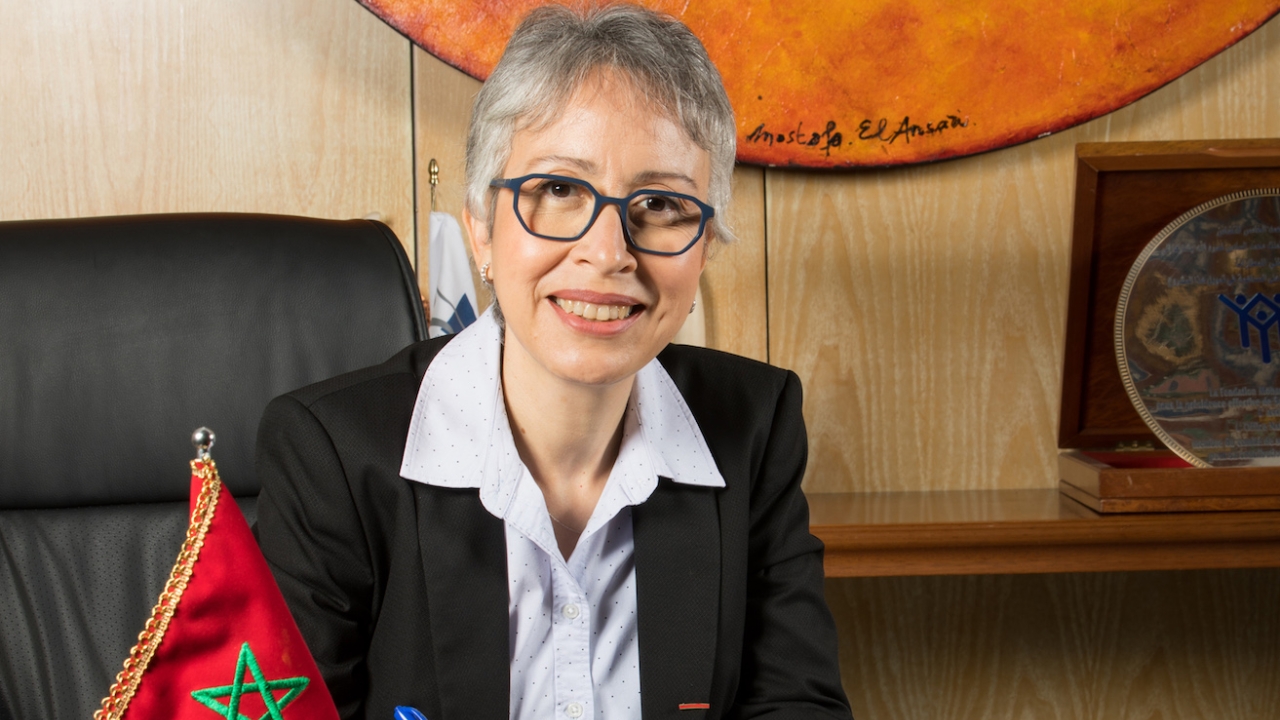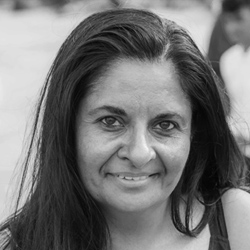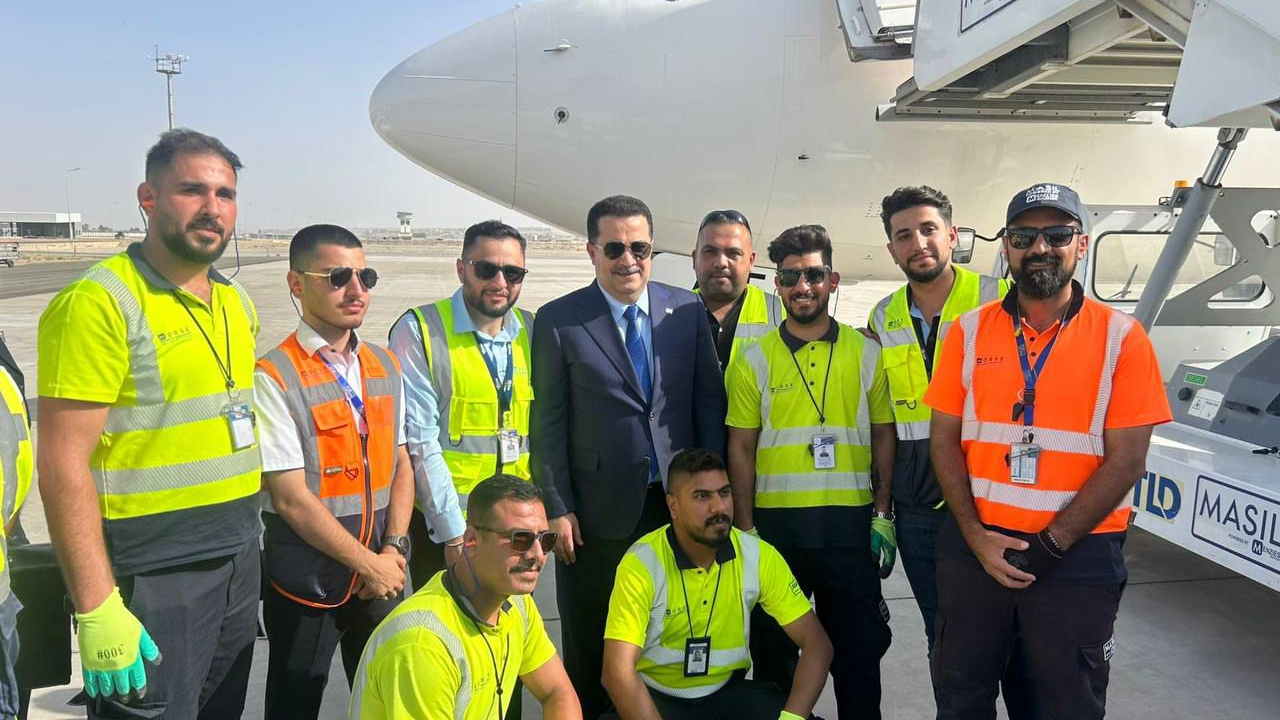Morocco steps up its human footprint
Moroccan airports aim to double their capacity by 2040 and the National Office of Moroccan Airports (ONDA) has many other innovations in the pipeline.

Habiba Laklalech: “We must project ourselves into the future by learning from the past to respond to economic, social and climatic emergencies.” Picture: ONDA.
ONDA manages 25 airports in Morocco, including 19 which are international, and has a multi-faceted strategic plan that aims to transform these gateways into “state-of-the art human spaces”.
According to Habiba Laklalech, who took up the reigns during a period of considerable uncertainty because of the Covid-19 pandemic, ONDA has the required resilience to forge a profitable and sustainable airport economy.
“We intend to make the kingdom’s airports real places of life, which in the eyes of their users will embody the identity of the territory where they are located and allow their economic and tourism attractions to radiate beyond their borders.”
Over the past few years, ONDA has embarked on an ambitious infrastructure development programme, which has led to the upgrading and modernisation of its airports. They have tripled their capacity in less than 15 years.
“We must project ourselves into the future by learning from the past to respond to economic, social and climatic emergencies,” said Laklalech.
“From control towers to runways, terminals to concourses and landside shuttle systems, we need to provide solutions tailored to the present and future needs and expectations of our customers.
“Climate risks threaten the entire global economy. The need to anticipate and transform is becoming a survival issue for aviation in the low-carbon world of tomorrow.”
Laklalech said it was vital to achieve energy transition and digital transformation, especially in the face of cybersecurity issues. “We are going to introduce the environmental component into all our infrastructure projects,” she added.
ONDA has just launched a study to improve energy efficiency in its airports and introduce renewable energies (including photovoltaic), like at Marrakech-Menara. Modernisation work, particularly in Marrakesh-Menara, Agadir and Tangier, will be undertaken this year to reduce their carbon footprint.
The initiative is part of ONDA’s integrated eco-responsible approach, which brings together all airport stakeholders and partners. It has fully embarked on the Airports Council International (ACI) airport carbon accreditation (ACA) programme. Casablanca and Marrakech airports are at level 2 (reduction), while others have started the accreditation procedure.
“We are in the process of increasing our level of accreditation year-on-year to reach net zero by 2050,” said Laklalech. “This programme allows us to structure and align our approach at all our airports.”
According to Laklalech, decarbonisation will be a top priority in the years to come. “We need to implement innovative action aimed at achieving energy efficiency through the use of renewable energy, the development of a medium-term plan to prepare our airports for sustainable alternative fuels (SAFs), and the introduction of decarbonisation requirements in our procurement policy,” she said.
The ONDA CEO is convinced that the investment costs will be justified in view of the expected benefits in the long term. “Access to external financing for infrastructure projects requires compliance with international standards for sustainable development and promotes green projects,” she explained.
Laklalech believes that liberalisation can be a lever of growth. The ambitious policy, initiated in 2004, led to an open skies agreement with the European Union at the end of 2006, and more liberal bilateral agreements with Arab and Asian countries, and on the American continent.
She said the Moroccan experience could be used as a model in Africa, where many countries are still hesitating about implementing open skies.
Stay up to date
Subscribe to the free Times Aerospace newsletter and receive the latest content every week. We'll never share your email address.


